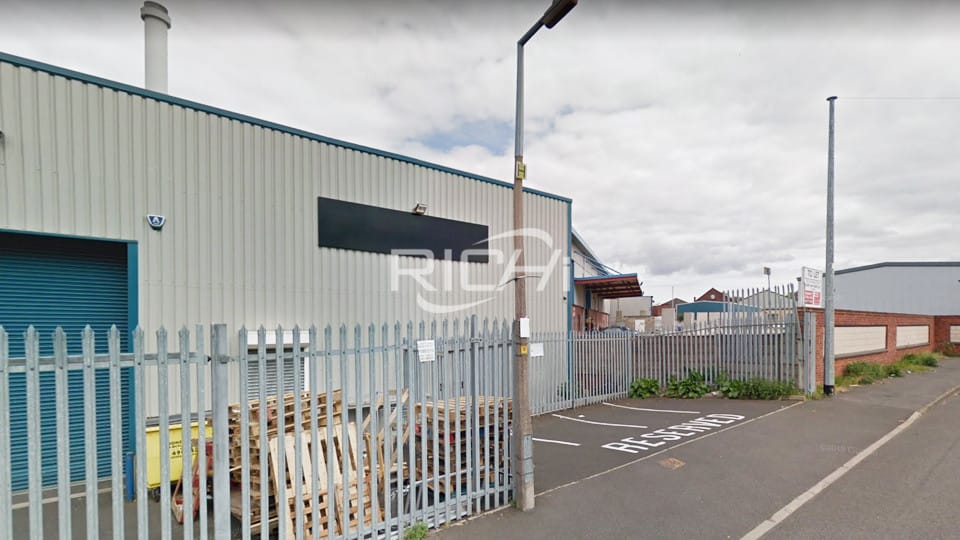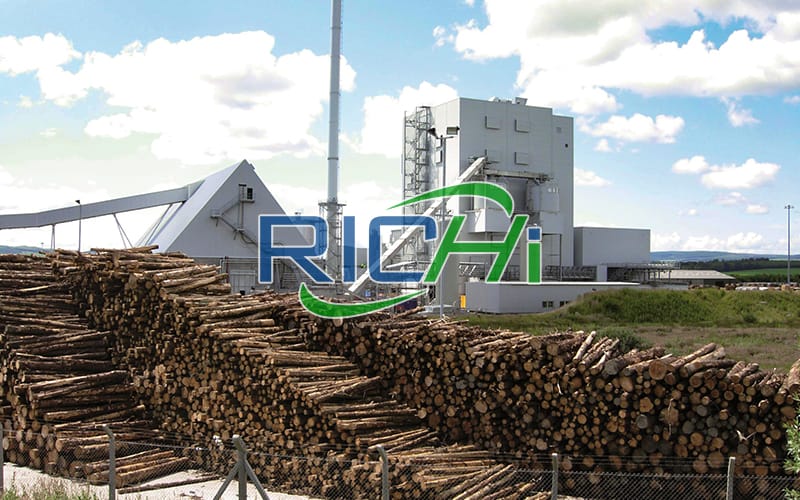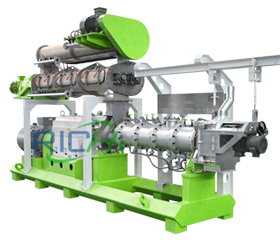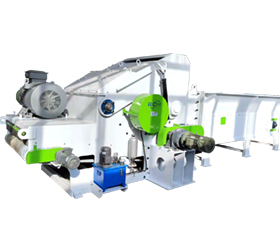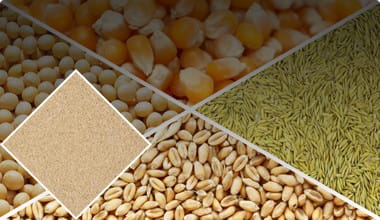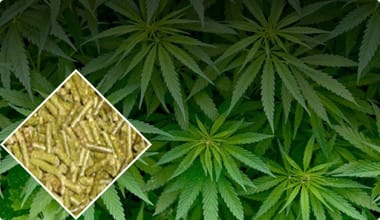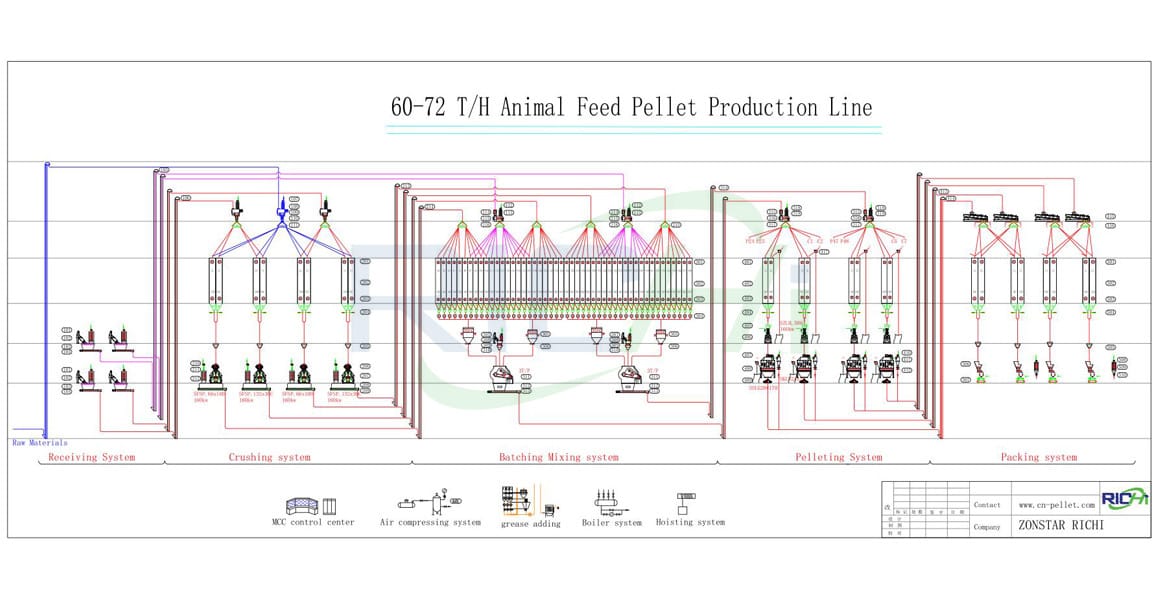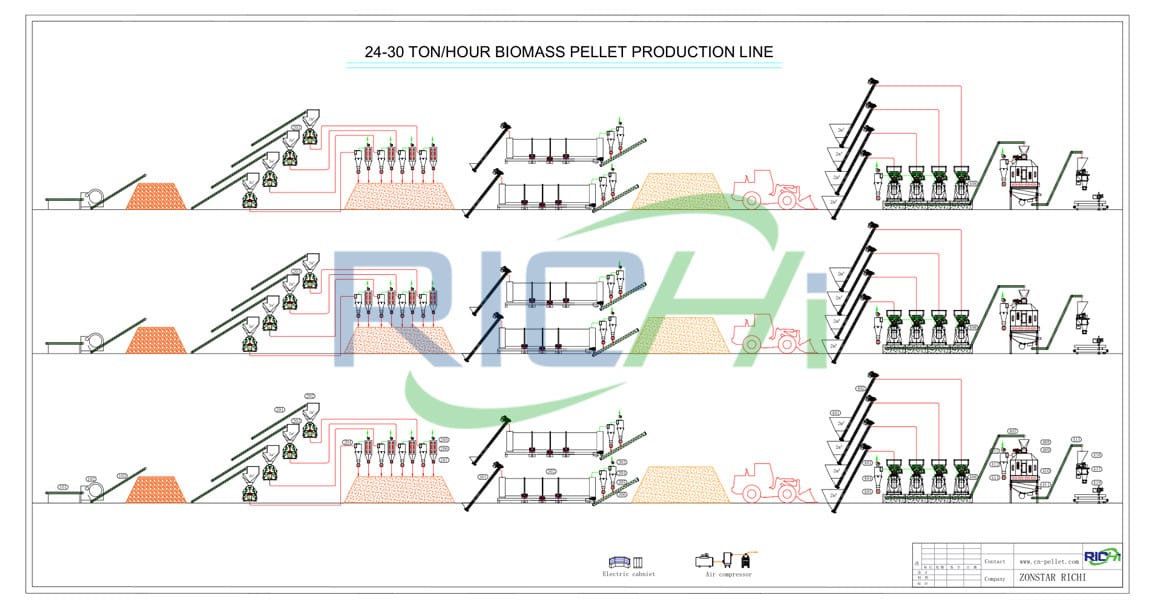How to turn animal manure into organic fertilizer by myself?
Animal manure contains more substances that promote plant growth. For many people who raise animals in the home, manure treatment is a relatively cumbersome process. Direct use of manure to supply nutrients to plants has many disadvantages: for example: Uneven nutrients can cause plants to burn to death, or undernutrition can cause plant malnutrition.
There are also many people who throw their feces directly. On the one hand, they pollute the surrounding environment and are not conducive to the health of people around. Therefore, it is necessary to propose a method for the treatment of animal feces. The production process of organic fertilizer will be described in detail below in conjunction with specific embodiments.
Step 1. Collect the animal feces to be processed in the feces storage tank, and mix them evenly with a stirring rod to obtain uniform feces;
Step 2. Add disinfectant with a volume ratio of 1:40-50 to the uniform stool for disinfection;
Step 3. Add water to the feces after disinfection, stir evenly, and get the average feces;
Step 4. Mechanically filter the average feces through the filter to filter out larger debris;
Step 5. Add flocculant to the feces of step 4, dehydrate and dry;
Step 6. Use the dried feces and other materials together to prepare fertilizer.
Stirring rods and strainers are installed inside the manure storage tank.
Hydrogen peroxide with a concentration of 15-25% in the disinfectant level.
The mesh of the filter is 1cm*1cm.
The flocculant is one or more of aluminum sulfate, aluminum chloride, ferric sulfate, ferric chloride, polyaluminum chloride, polyaluminum sulfate, polyferric chloride, and polyferric sulfate.
Through the above method, the manure is collected in a manure storage tank, and processed in a centralized manner. The various manures are stirred uniformly, the ingredients in the manure are mixed, organic fertilizer is produced, and the manure is collected and reused, which conforms to the concept of green environmental protection.
Click to learn more about organic fertilizer production business:

